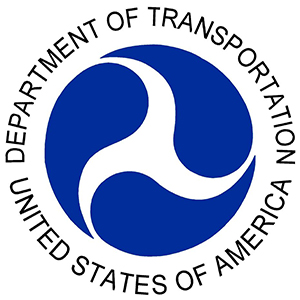Senior Reporter
Stakeholders Respond to DOT Request for Comment on Rules, Regulations
From burdensome and outdated record-keeping to hazardous materials handling to an electronic logging device mandate soon to go into effect, truckers and an array of transportation-related trade associations have handed federal regulators a list for tweaking or eliminating dozens of rules and regulations.

And those topics were among the more than 2,600 comments responding to a review by the U.S. Department of Transportation to ensure that the agency’s regulations were necessary and crafted effectively to “solve current problems” or whether they potentially burden.
“There should be no more regulations than necessary, and those regulations should be straightforward, clear and designed to minimize burdens,” DOT said in October. “Further, DOT regulations and other agency actions should not unnecessarily obstruct, delay, curtail or otherwise impose significant costs on the siting, permitting, production, utilization, transmission or delivery of energy resources.”
Comments originally were accepted through Nov. 1 but were extended until Dec. 1.
Among the comments were: a request by the Association of Hazmat Shippers Inc. that the use of electronic shipping papers be authorized not only for rail hazardous materials transport but also for other modes; a request by the Council on Safe Transportation of Hazardous Articles that regulators align the definition of aerosols with the international definition to address a number of reclassification and marking problems for shippers and carriers; and a request by George Mason University’s Mercatus Center, a public interest group, that DOT review the Corporate Average Fuel Economy Standards and Train Crew Staffing Rule as “opportunities for deregulation.”
A number of the comments also addressed the upcoming federally mandated use of electronic logging devices on Dec. 18.
The vast majority of the comments were made by small truckers and independent owner-operators — some likening the federal mandate for ELDs to “treating them like criminals” due to privacy concerns that they say have nothing to do with safety. Other comments charged ELDs have a negative impact on productivity that can put small carriers and owner-operators out of business, while others say the devices are too expensive.
But those comments were countered by the inspectors’ group responsible for ELD enforcement. The Commercial Vehicle Safety Alliance said that hours-of-service violations from 2014 to 2016 were high on the list of driver violations noted during roadside safety inspections.
“This trend is on pace to continue for calendar year 2017,” the group said in comments. “Despite the numerous benefits to safety and efficiency, there are some who oppose the mandate and there have been continuous efforts to delay and repeal this much-needed safety requirement.”




